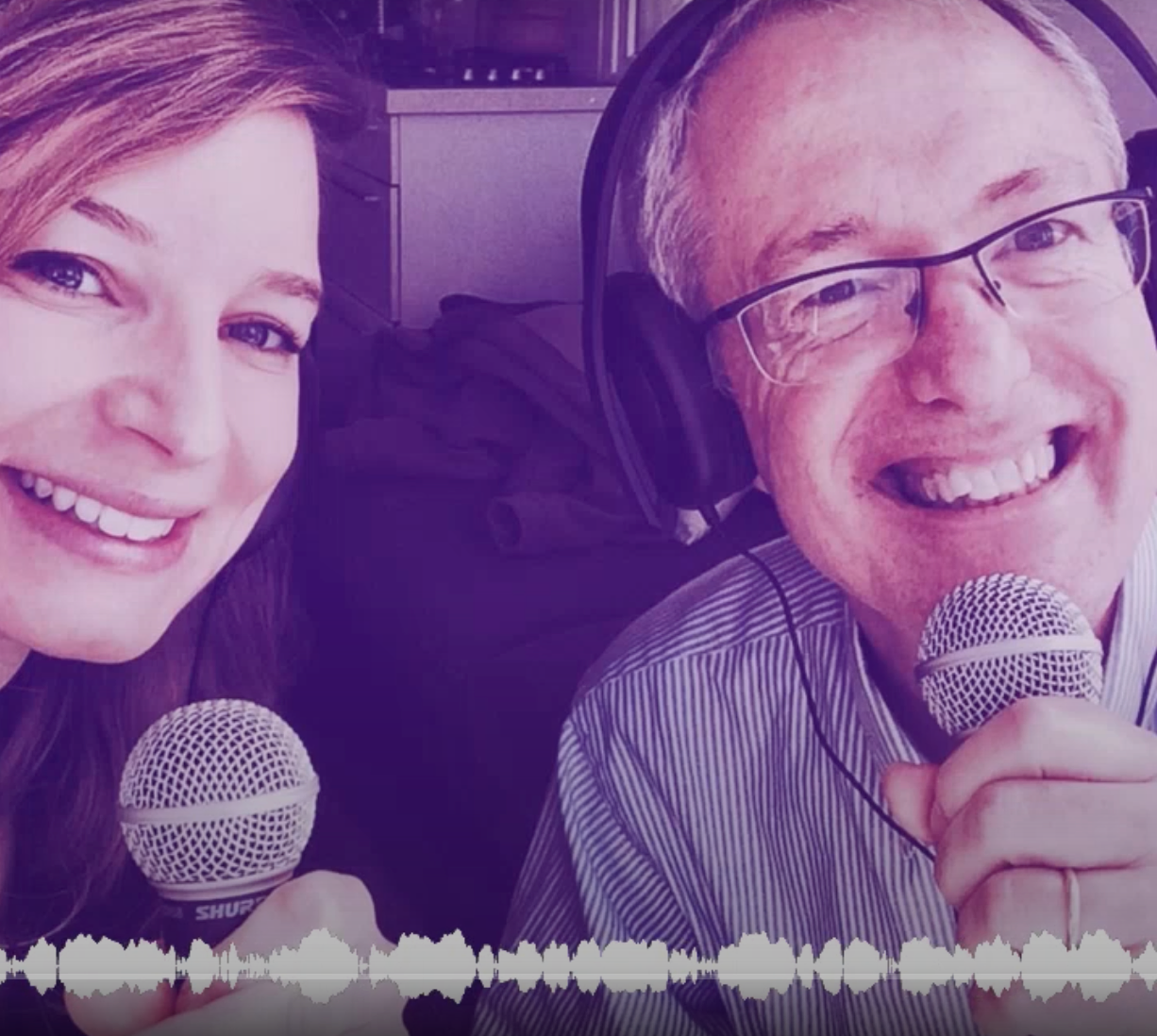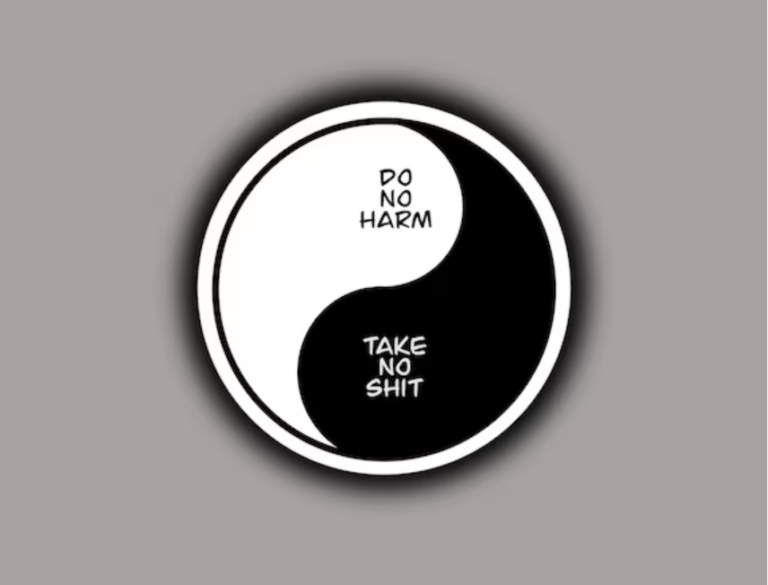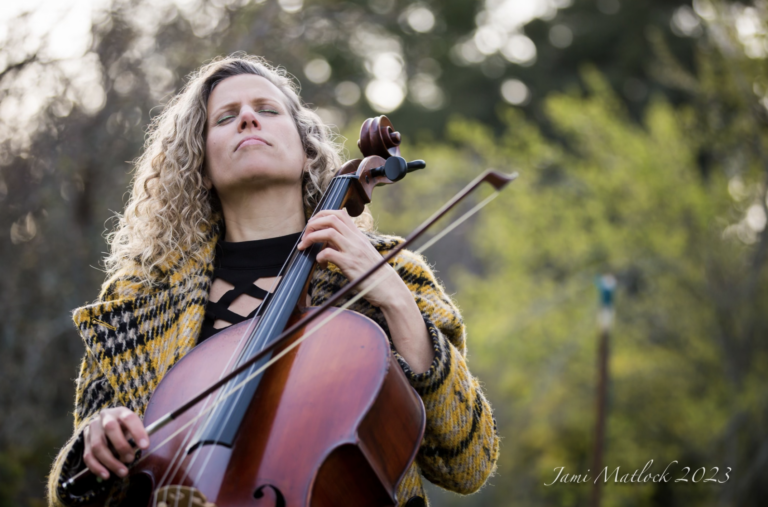The multiple benefits of learning the “Art of Listening”
I don’t know about you, but for me the the pandemic era brought a lot of soul searching. Not just regarding the lessons to be learned on a global scale but mostly the lessons I am learning on a personal level.
A number of rejections by very close individuals in my life shook my foundation on a level I began questioning my identity.
Starting with an ex who drifted away from “seeing eye to eye”, to a very close friend who lost interest in co-creating beautiful dreams together. Eventually it also happened on a professional level with particular music industry individuals which temporarily left me traumatized feeling unheard and misunderstood for having different opinions to theirs..
During these experiences I found myself going through slight depression. At first I wondered if I was meant to go through it in order to accept it. And eventually I noticed that it started increasing the level of my self doubts, leading me to question everything I do… wondering if I handled any of these situations correctly…
As I continued with my meditation and soul searching practices- I magically stumbled across an interview by Judith Katz, an Israeli podcaster who loves interviewing the kind of minds that care to focus on Positive Psychology.
In her podcast “Think better” she interviews Prof. Avi Kloger from The Hebrew University in Jerusalem. After that interview I also watched the magical film “The Yogis of Tibet” which was when I began realizing that my deep need to be heard and recognized can only be met by those who are ready to receive me “as I am”. And what “I am” in my nature as a guide. Yet, in order to guide properly I actually have to learn how to improve my listening skills…
Even though I’ve been studying the Buddha’s teachings for the past 20 plus years of my life- I learned that my best efforts to gain respect and success with others must be done through the mastery of developing better listening abilities. As long as I have the impulse to react and defend my needs- I will get hurt and burn out by the undesirable consequences of my own actions.
What I’m about to share with you here has been helping me realize that to avoid self destructive relationships one must practice patience with him/herself and develop deep understanding of what is called “The art of listening”.
What I learned from the interview was quite outstanding:
1. “People who are being listened to- tend to perform better”. In Israel, statistical research shows that excellent sales people are very successful because they tend to take their time listening to others in order to identify what their client’s needs are. Eventually they learn how to”sow the perfect garment” for their client providing the perfect product, making their clients happier as a result… which is a good incentive for many sales experts.
2. Doctors, who have better listening skills end up getting less malpractice lawsuits.
3. A skillful interviewer can help others be more fluent in speech and indirectly help them represent their true abilities best.
4. Schools lead by headmasters who possess good listening skills produces students who flourish more and tend to have higher academic achievements. This positive effect was shown in local standard tests. (Overall, in many fields of performance, there seems to be a direct alignment between better listening to better performance quality. This has statistically shown in many fields of performance in Israel).
5. Israeli law students with particularly limited listening skills were asked to pair up and speak to one another about something significant while the other had to practice listening without reacting. Apparently, the experiment didn’t go very well leaving everyone feeling frustrated for not being able to react when used to and for not being used to talk back for so long. Ms. Katz, who held the experiment said she began questioning the method and wondered if there was a better way to get better results. Prof. Kloger explained that an important aspect to achieving improvement in the quality of listening can be done by encouraging the participants to speak about authentic fun topics they truly enjoy talking about which lead him to conclude that an authentic story will literally attract better listening in almost any situation.
6. Better listening skills help reduce aggression amongst extreme political opinions. A study Prof. Kloger conducted in 2020 shows that no matter what one’s opinion is, as long as he or she is being listened to- their opinion can be moderated as a result. The ability to feel listened to is what makes one feel safe and heard. Similarly, the “motivational approach” shows that listening to others who are holding a strong attachment to life by demonstrating ‘fear of change’- when told they are wrong for feeling that way that will most likely strengthening their resistance to change… while the approach of supporting their struggles through showing empathy- will often help them change.
7. The balance between listening to others for the sake of wanting to help them and listen in order to give the other space- is very important. Asking others if they are interested in receiving any feedback or advice is crucial. If we haven’t been asked to give any advice its usually better to not give it at all. Often times all that is really needed in situations like this is to give others the platform to listen to themselves talk. As expressive beings we need the others to listen to us in order to give an observing point of view. Other can ultimately help us create a better clarity within ourselves. Just being listened to can create clarity within ourselves as we can see ourselves better through them and better understand how we think.
8. Better listening skills reduce depression no less than cognitive behavioral therapy or psychiatric therapy. After the 2004 Tsunami in India some volunteers were sent to talk and listen to the people in one of the suffering villages while the village next door remained unattended. Researchers examined the level of depression in both villages and found that the village with the present listening volunteers showed a significant reduction in depression while the other didn’t.
9. In the UK nurses are often sent to talk to parents after experiencing traumatic premature births, a scenario which often leads to depression. These nurses aren’t trained psychologists but their ability to listen shows to have positive effects on the minds of these new parents, allowing them to experience their coping with more ease.
10. If better quality listening was taught in schools- it could help create a mentally healthier society. Stephen Covey, author of “7 habits of highly effective people says- “seek to understand before you seek to be understood”… that’s a principal that encourages success in life. There is a place to give advice when the person is asking for it, but if he/ she isn’t asking for it and we still feel the need to say something- lets make sure to practice the art of gentleness where we can ask things instead of saying them. For example: “if you did such and such- what do you think could happen as a result”? it’s always better to propose things as a question.
In conclusion I’d like to offer a personal note.
If you’re like me, an individual with strong needs to be heard, understood & recognized- perhaps you’d find yourself benefiting from Prof Kloger’s research, by learning that no matter how important it is to express how you feel- if the other has a hard time hearing or accepting you- it could be because you haven’t fully and properly listened to him/her first. However, they will most likely not feel threatened if you tried and allowed them to hear themselves or ask them the kind of questions that can make them feel better about their choices.
What I’m learning from all of this research is that as strange as it may sound- putting myself aside for the sake of the bigger picture can only benefit me, in the end.








